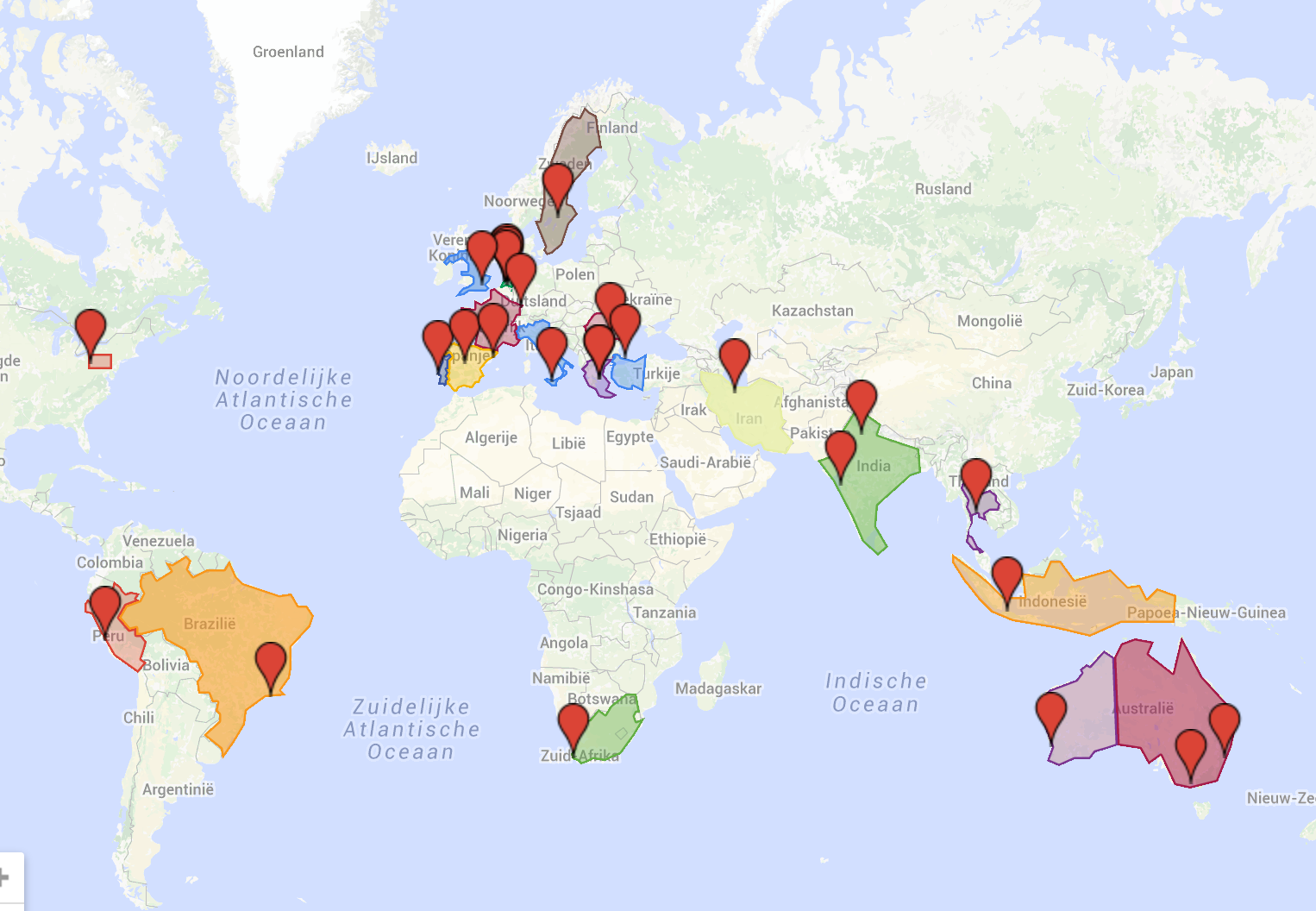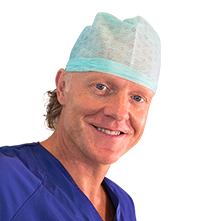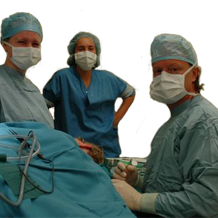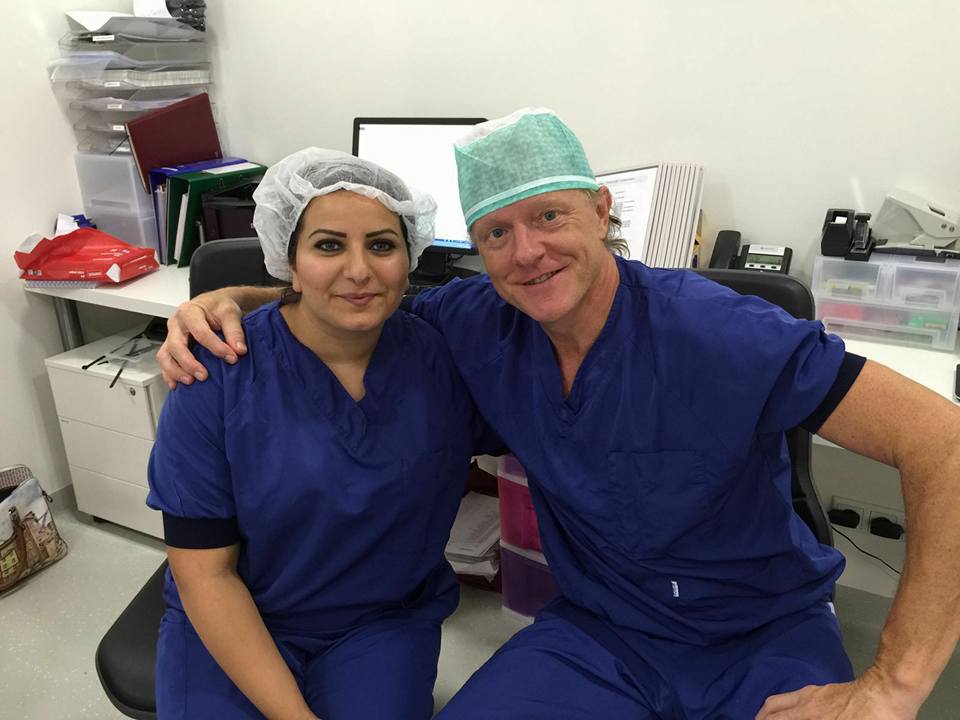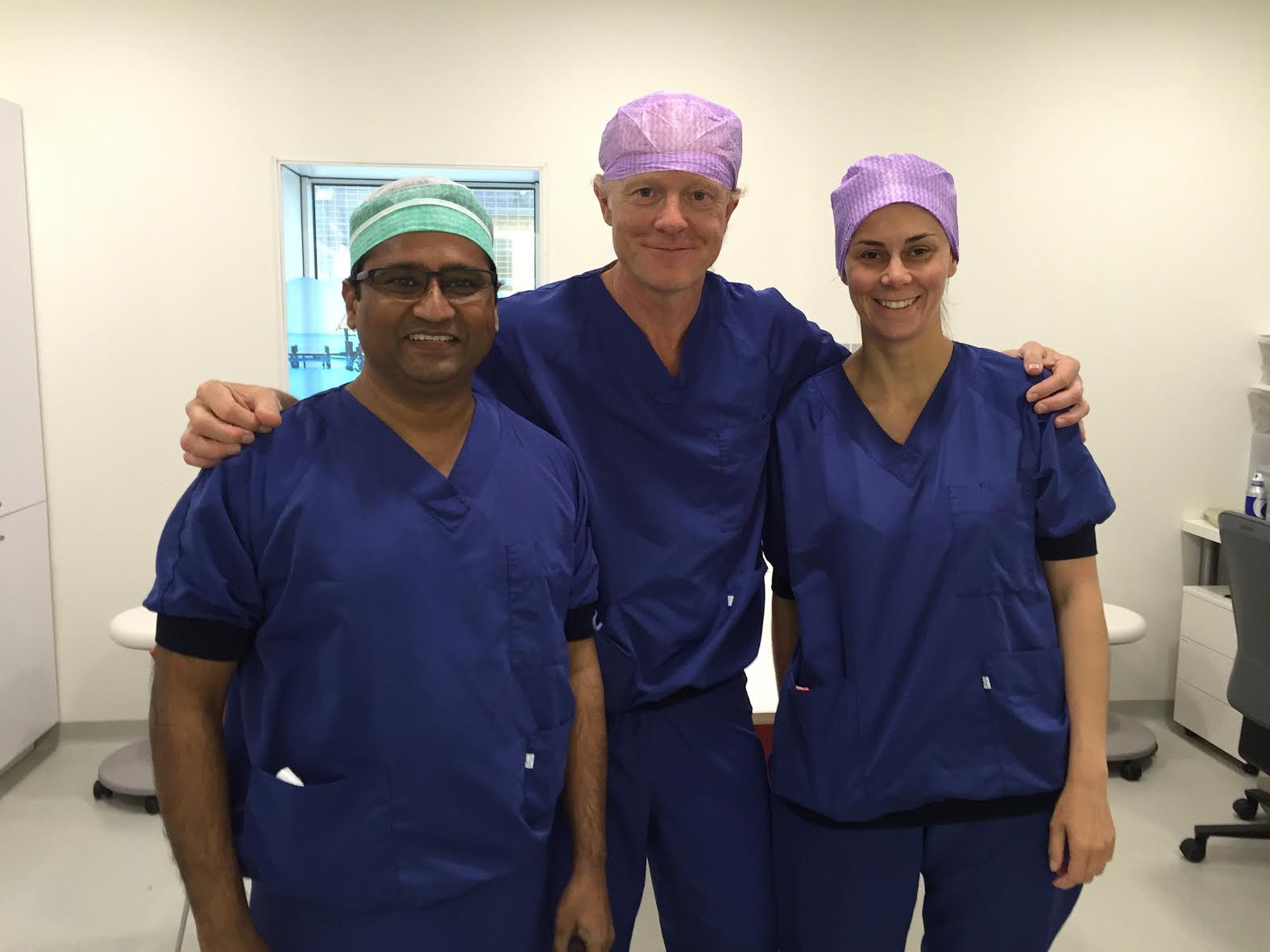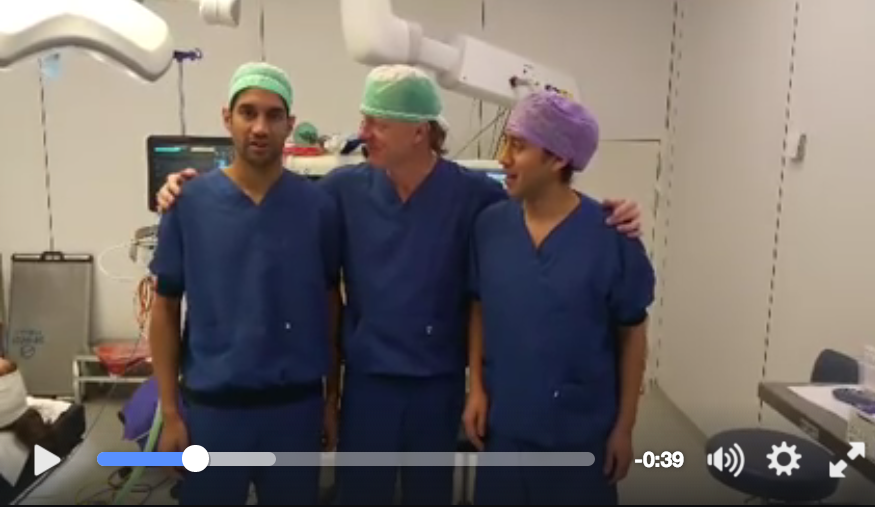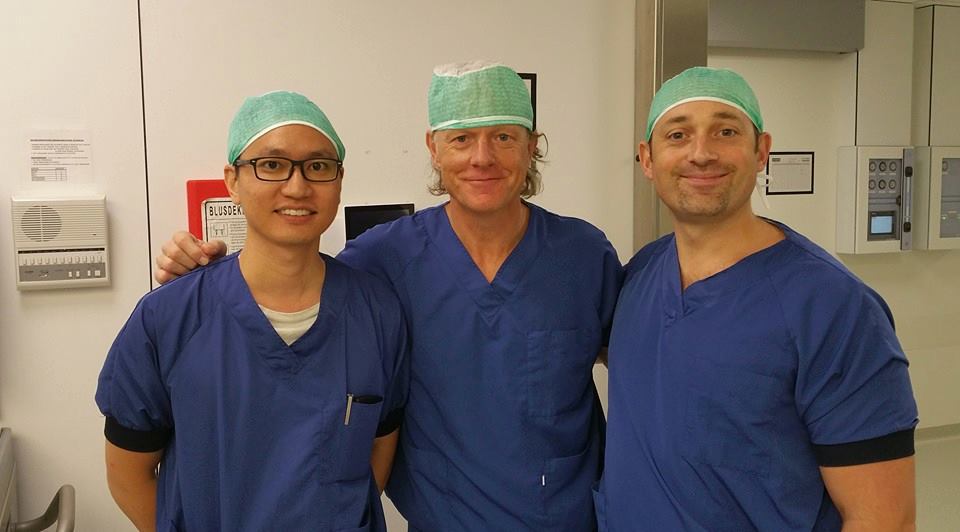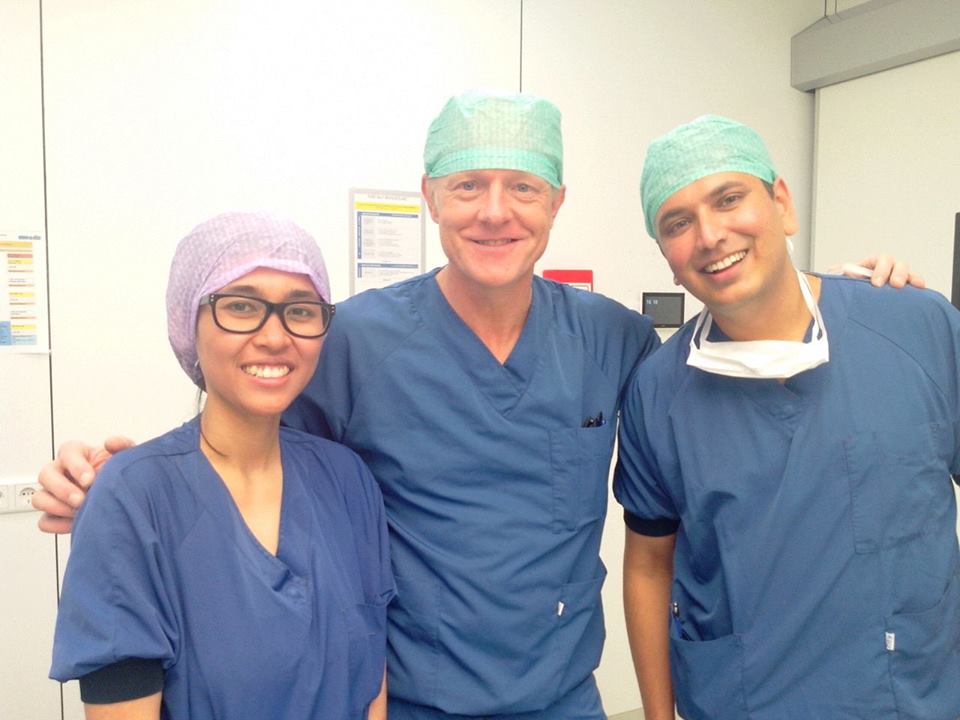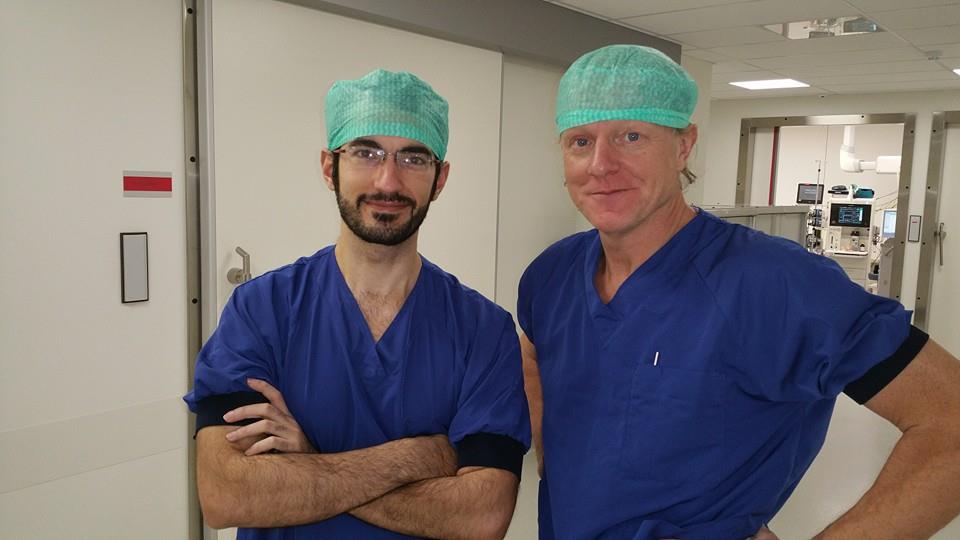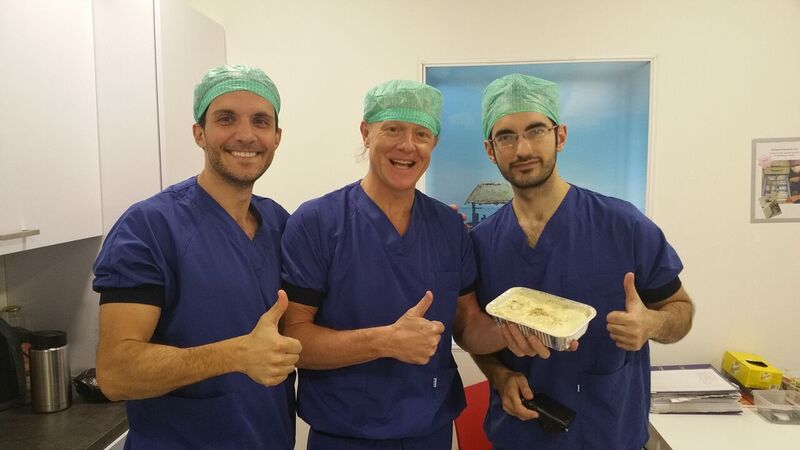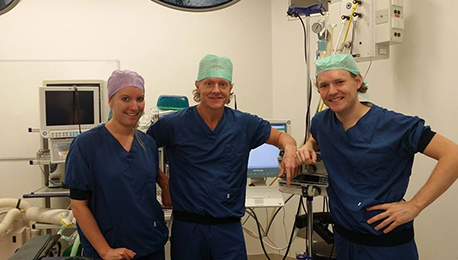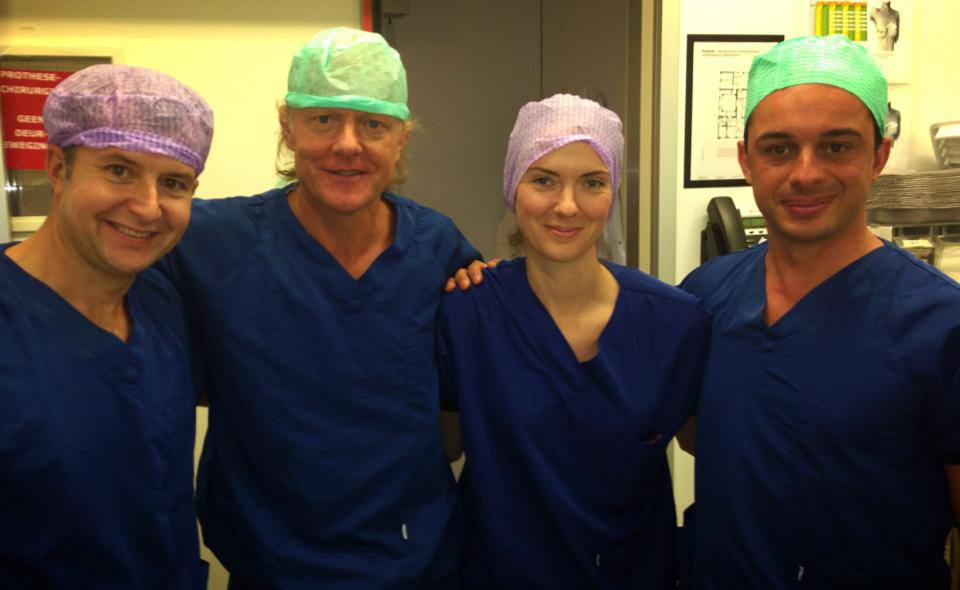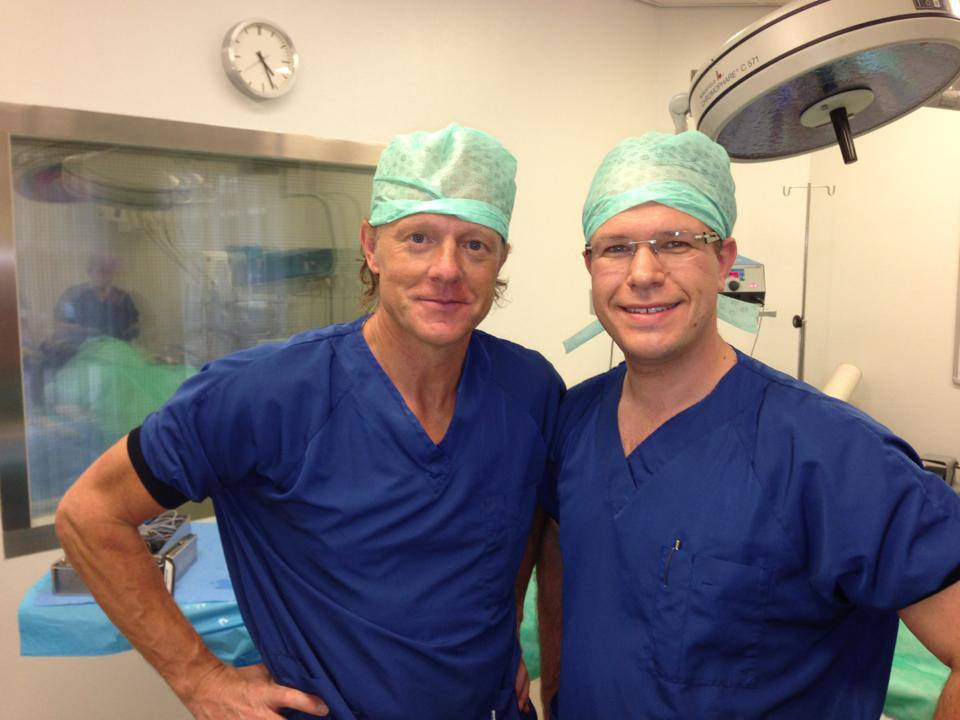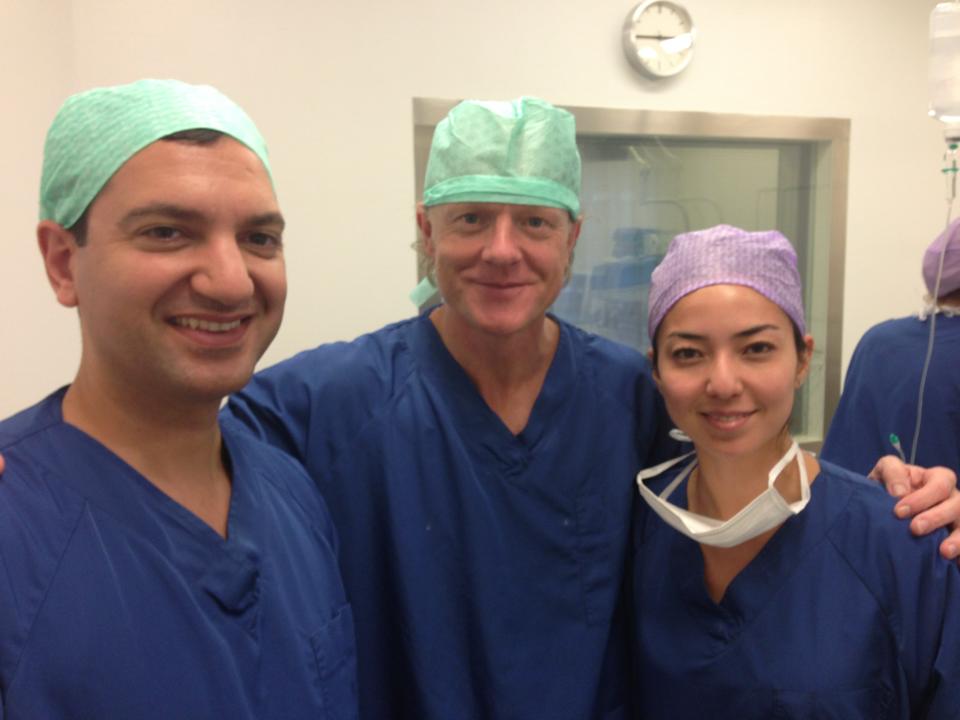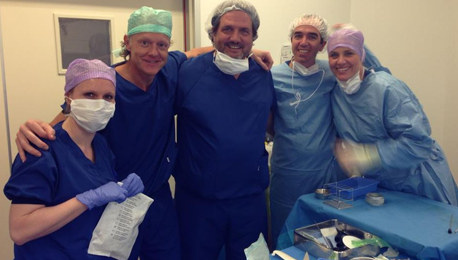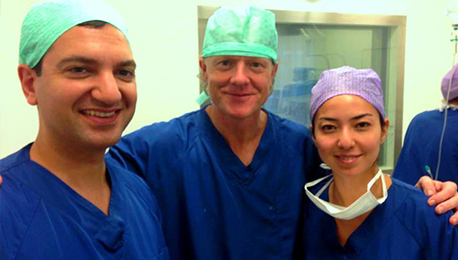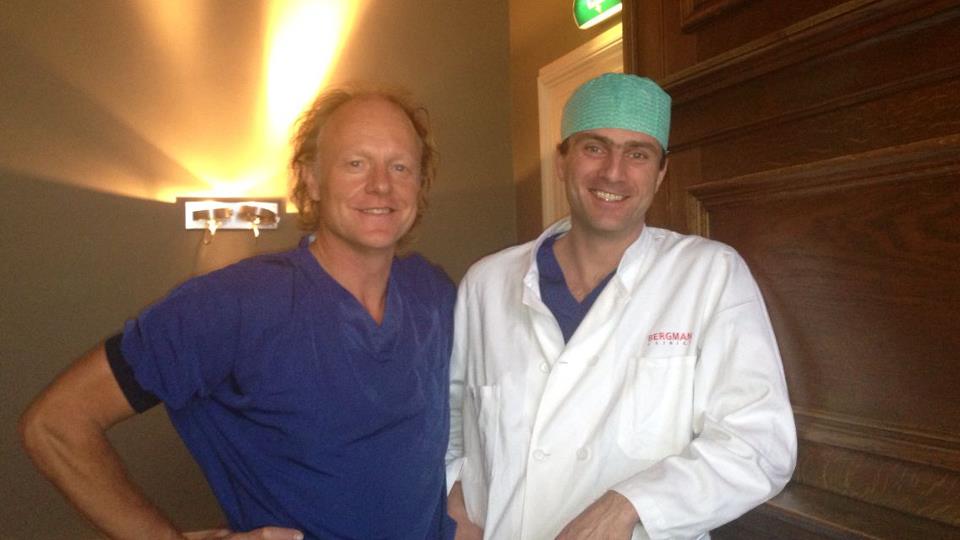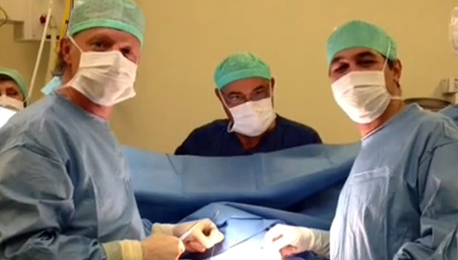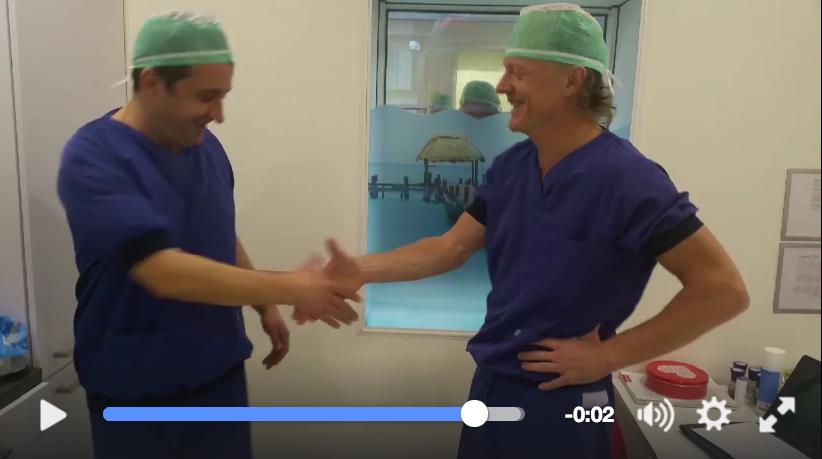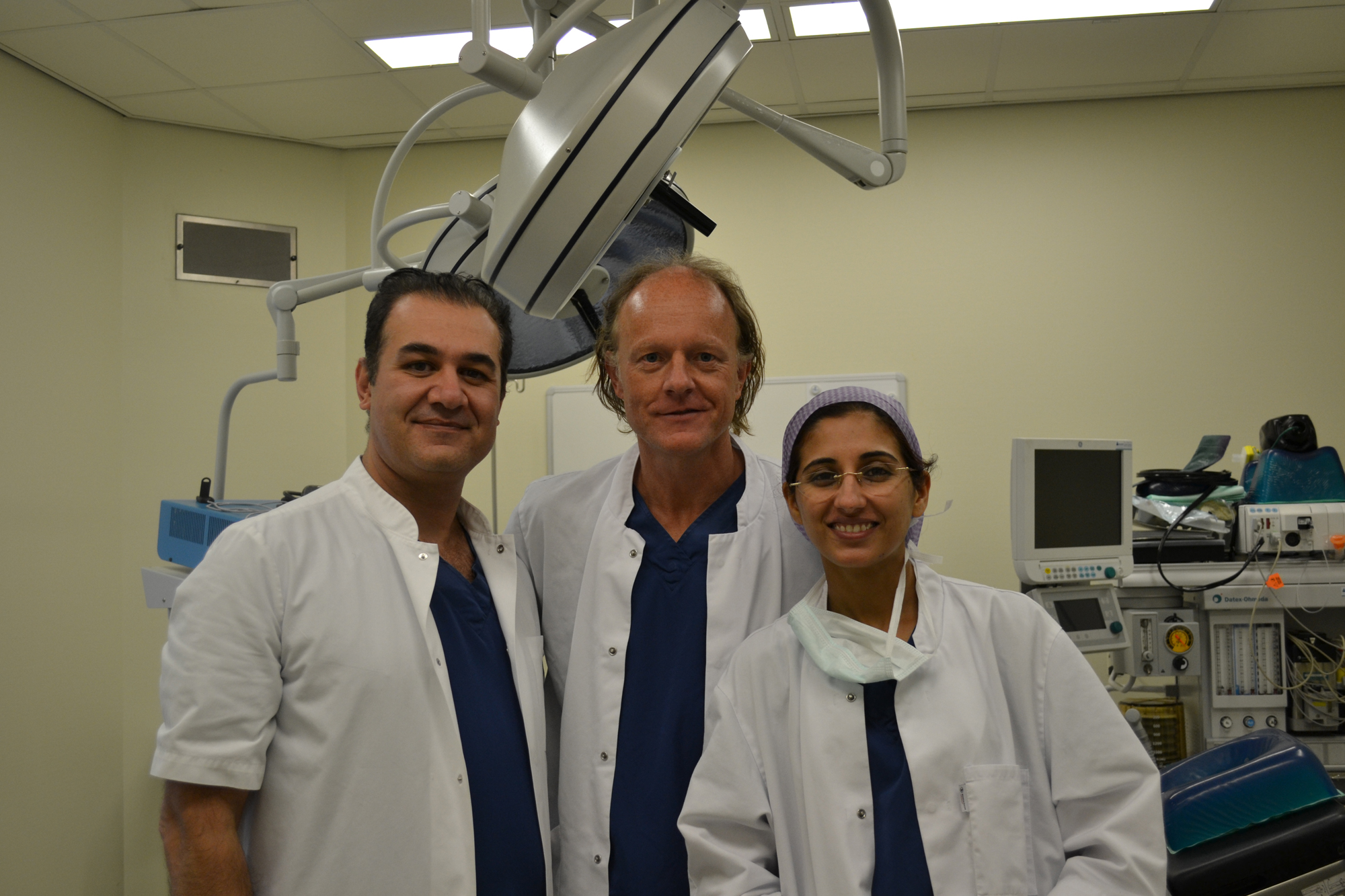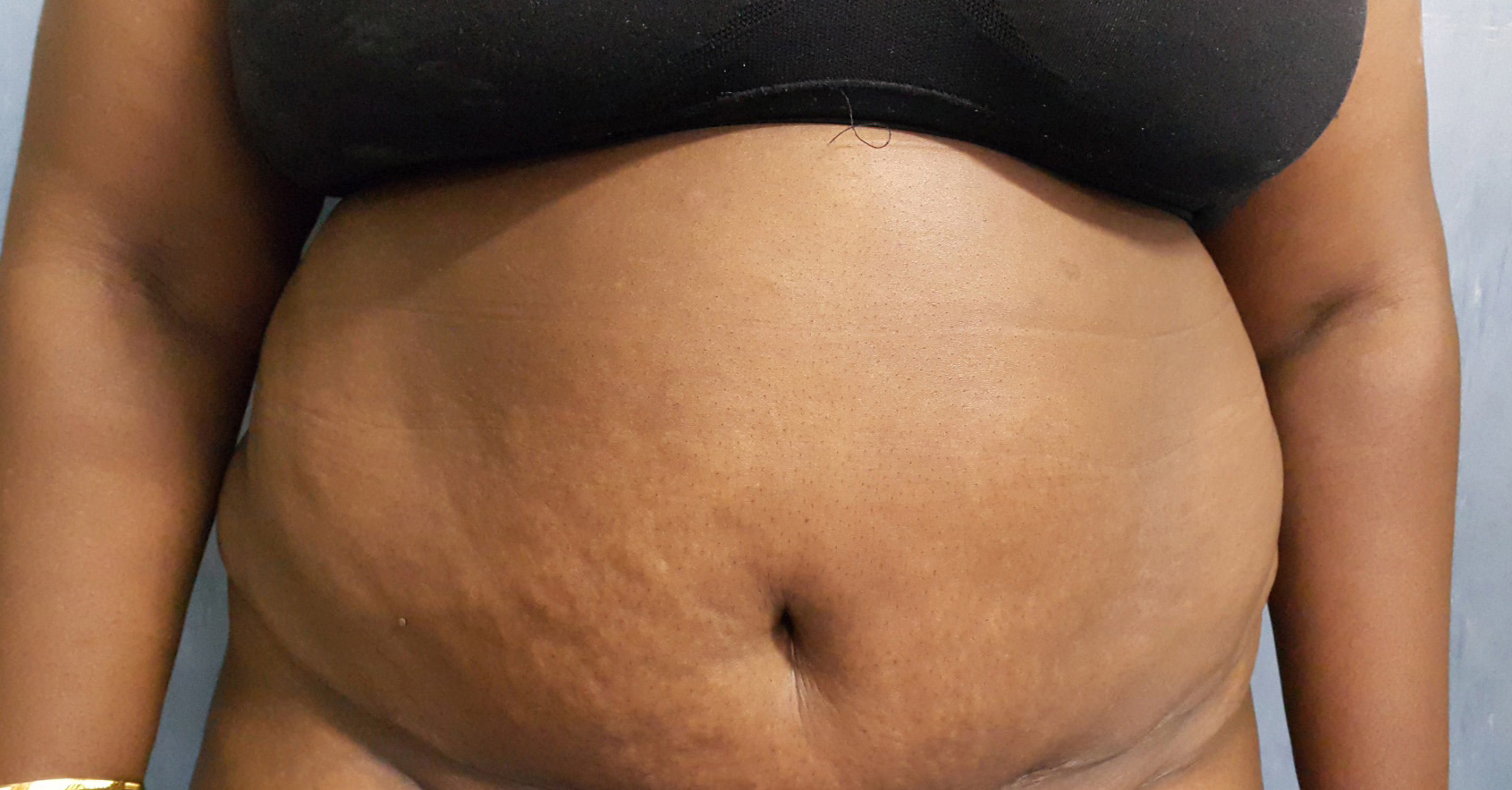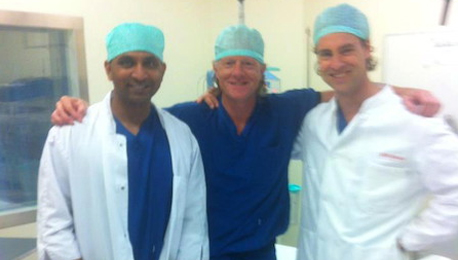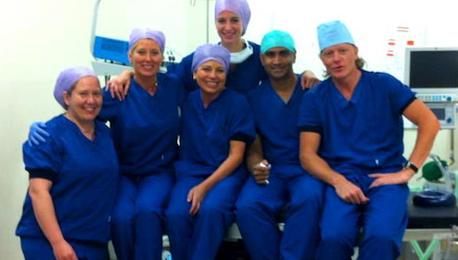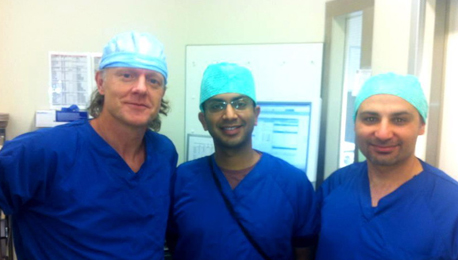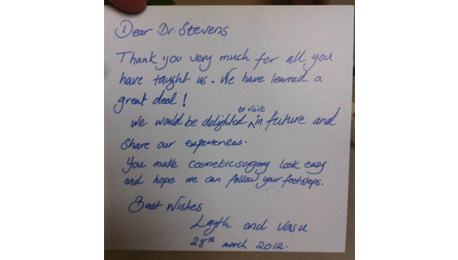Maart 2014, Rotterdam - Piyush Durani (Leicester, UK)
Piyush Durani na zijn bezoek in januari tot en met maart 2014:
“Firstly, when embarking on a fellowship abroad, the fellow needs to quickly settle into the workings of the unit/system as well as the new country – in this regard, the administrative organisation of the fellowship is excellent, with prompt and helpful replies to queries and a desire to ensure the fellow is settled in– provision of cycles for ease of transport and the simplicity of commuting on Rotterdam’s cycle routes was a personal highlight for me, and something I have never done back in the UK!
The weekly theatre schedules are emailed to the fellows well in advance, and although in Dutch, it is a good opportunity to translate the cases and plan the week ahead. There is also a weekly planning meeting, which all residents and some Consultants attend, providing an interesting insight into the working dynamic of the unit and an opportunity to compare the UK teaching methods with those at Erasmus. These meetings stimulate interesting discussions about the management of upcoming cases, and I found these very educational and thought-provoking. I also felt welcome to join in the discussions and ask questions, as the meetings were held in English specifically for the benefit of any overseas fellows present.
Most importantly, we were allowed to plan our own timetable to fit in with our interests and focus on the areas in which we felt we needed greatest exposure– craniofacial/cleft, facial/H&N reconstruction or aesthetic – or a combination of the three. I had a specific need to increase my exposure to head and neck and facial reconstruction, as my training has provided limited exposure to date, and therefore the ability to plan my week ahead was invaluable to maximise exposure and opportunities in this area.
There was a wide range of procedures in which I either scrubbed in as assistant or observed. Specifically, I assisted in 37 facial aesthetic procedures including MACS lifts, facial lipofilling, blepharoplasties, brow lifts and rhinoplasties. In terms of head and neck and facial reconstructions, I was involved with 41 cases, including microvascular reconstructions using free ALT and Radial Forearm flaps, 4 total ear reconstructions, eyelid reconstructions and multiple nasal reconstructions, as well as facial reanimation cases involving static (gold weights, fascia lata slings) and dynamic (free gracilis, cross-facial nerve grafting) procedures. Some of the most fascinating cases included a total nasal reconstruction with a free radial forearm flap, as well as 8 nasal reconstructions with local forehead flaps using a 3-stage technique. This level of exposure provided significant learning which I can take back with me to my home training units in the UK.
In addition to these facial procedures, there was plenty of opportunity to also get involved in breast reconstructions and other general plastic surgery procedures. While I was there the surgeons had just started using the Profunda Arterty Perforator (PAP) free flap for breast reconstruction, which was definitely a new and interesting learning experience and which I had never seen before.
Although the Fellow has the opportunity to assist in the microvascular cases, one of the undoubted strengths of this fellowship is the microsurgery training laboratory. This was an invaluable experience and I only wish we had such amazing facilities for trainees to use in plastic surgery units back in the UK. I was booked in for whole day sessions virtually every week, accumulating nearly 40-45 hours of direct microsurgery experience.
Overall, this was 3 months very well spent – I learnt many new concepts and techniques in the area of facial reconstruction and facial aesthetics, and also consolidated on areas in which I was already familiar. There was also significant learning in observing how different healthcare systems work – particularly comparing how services are delivered and how trainees are trained. Therefore, these are also important lessons that I will take back to the UK to see how we can improve our own training system, in addition to my own personal exposure and benefit from this fellowship.”
